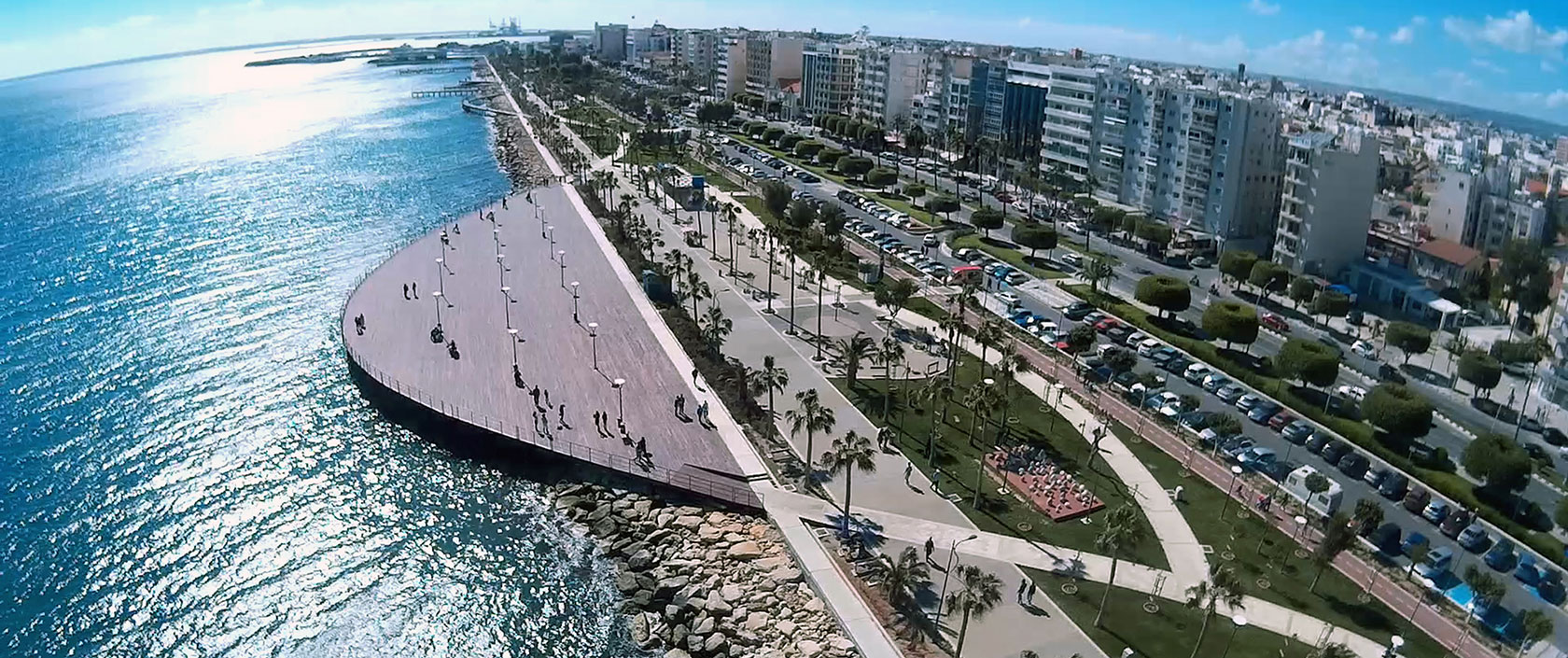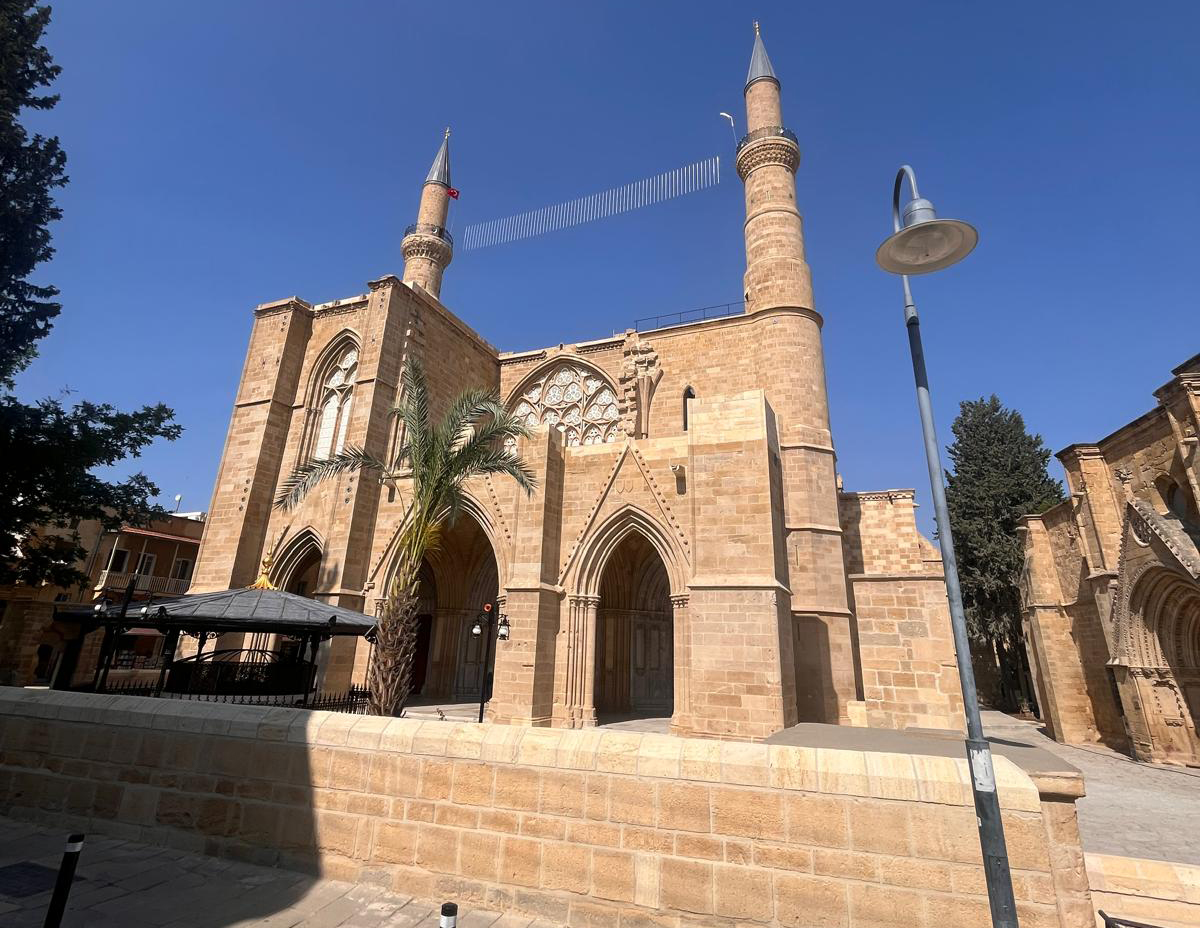By Antonis Glykis and Christina Avgousti
“A pair of star-cross’d lovers take their life,” wrote Shakespeare some 400 or so years ago in one of the most sombre love stories ever written. What if it is not only the star-crossed lovers that choose to end their life together? The controversial practice of euthanasia, long a subject of heated ethical debate, has taken on a new, more intimate face, that of lovers clasping hands as they take their lives simultaneously in the ultimate expression of unity: duo euthanasia.
Euthanasia and assisted dying are amongst the most emotionally charged issues in contemporary bioethics and law. As public awareness of end-of-life rights grows, there has been a surge in debate over dignity, autonomy and the legal right to die.
Despite growing European trends, Cyprus still seems to maintain a prohibitionist legal framework and remains a conservative jurisdiction in this respect, with essentially no legal path to assisted dying. Whilst there is no specific law, the crime of euthanasia is determined according to the general rules of criminal law under the Criminal Code (Cap. 154) of the Republic of Cyprus concerning crimes against the person. Interestingly, the European Court of Human Rights (ECtHR) has allowed member states considerable leeway in regulating assisted dying and a growing number of European countries now allow some form of euthanasia or assisted suicide.
Across parts of Europe, assisted dying is not just legal, it is rightly or wrongly portrayed as a deeply personal, and at times, a romanticised right. In 2021, Switzerland made global headlines with the unveiling of the “Sarco Pod”, a 3D-printed capsule-like assisted suicide machine that allows a person to enter, lie down and activate the process at will. Other European countries that allow assisted dying include Belgium, Luxembourg, Germany, Spain, Austria and Portugal. Patients seeking such end-of-life options often have no choice but to travel to other countries where euthanasia or assisted dying is legal, leading to media high-profile cases.
The dagger of death
The concept of couples dying together, whilst rare, has captured public attention and ignited ethical debates. For some, duo euthanasia is seen as a way of bypassing grief whilst others promulgate that these cases highlight the deep human need for autonomy – especially in long-term relationships. As societies grapple with ageing populations, stretched healthcare systems and evolving ideas of what a “dignified death” looks like, the silent growth of duo euthanasia and assisted suicide are even more prevalent.Last year, former Dutch prime minister, Dries van Agt, died by euthanasia, hand in hand with his wife, Eugenie, with whom he had been married with for 70 years, both aged 93.
Similarly, the case of Briton David Hunter in Cyprus also springs to mind. Hunter was convicted of the manslaughter of his wife, in an assisted suicide at their Paphos home and jailed for two years. Hunter was cleared of premeditated murder and instead convicted of the lesser charge of manslaughter. It is evident that whilst elsewhere the law evolves to meet the emotional and ethical complexities of dying, Cypriot law offers no legal room for compassionate decision-making in end-of-life situations – whether for individuals or couples.
Some argue that duo euthanasia, can mask coercion – what if one partner is perfectly healthy and with many more years to live? Who are we to decide when to die when in fact, we never even consented to being born? What if the right to being born and the right to death are two rights which cannot be fully grasped in terms of law and regulation?
The future of dying in Cyprus
Cyprus is set to discuss a proposed law granting the right to die for terminally ill patients with a life expectancy of no more than six months. Indubitably, Cyprus, just like other European countries, stands at a legal and moral crossroads. As the legal, medical and ethical worlds move forward, Cyprus faces increasing pressure to engage in open, evidence-based dialogue about the limits and rights of the dying.
The categorical criminalisation of assisted dying no longer reflects the complexity of modern life. Cases of couples choosing to die together and the eerie innovations like the suicide pod all raise the question: should Cyprus remain bound by prohibition, or begin the journey towards regulated euthanasia and assisted dying?
Antonis Glykis is a partner and Christina Avgousti is an associate at the Elias Neocleous law firm







Click here to change your cookie preferences